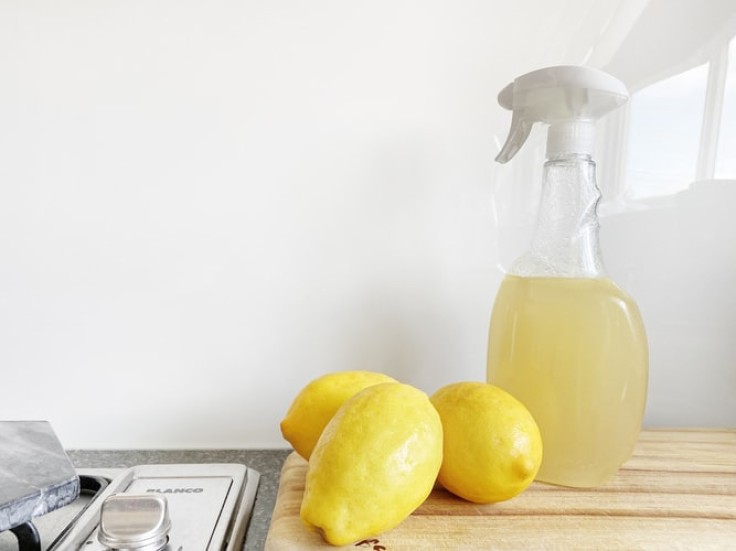
Hygiene and sanitization are prime concerns amid the pandemic. With most of us staying indoors more often because of the pandemic lockdown, it is important to know which cleaning hacks actually work and which are not worth our time.
Dr. Richard Hastings is the main specialist in microbiology at Hycolin. The scientist revealed how some cleaning hacks do not do a good job at getting rid of germs.
Coca-Cola for Cleaning the Toilet Bowl?
Dr. Hastings said that when it comes to cleaning the toilet bowl, it is best to keep to conventional antiviral restroom cleaners. "It is important to make sure the rest room is completely disinfected of germs and viruses."
Although Dr. Hastings did not eliminate the use of Coca-Cola for removing stains, so for stain treatment, there is no harm done. He revealed that most carbonated drinks have citric and phosphoric acids that can work to dissolve stains and rusty deposits.
However, Coca-Cola does not eradicate microbes gathering close to the bowl, The News Pocket reported. Further, Coca-Cola can leave a sticky residue.
What Does Lemon do for the Dishwasher?
Homemakers add lemon to their dishwashers for a nice scent to their dishes. Dr. Hastings revealed that lemon does not make the dishes any cleaner because of the quantity of water in the dishwasher.
A good detergent and rinse support are essential to cleaning your dishes. For those who are seeing stains and whatnot on their dishes after coming out of the dishwasher, the scientist advises switching to other detergents.
ALSO READ : How to Clean Tile Floors
Drop the Sponge, Move Away from the Microwave
Dr. Hastings claims this cleaning hack does not stop the spread of germs at all. Though there is a scientific basis that reveals microbes can be killed at temperatures around 65C, not all germs are apparently killed this way.
The scientist explains that heating the sponge for some time in the microwave kills some germs, but microorganisms can still survive in the center. "The germs will re-colonize in the sponge thereafter, making it unsafe to use.
NY Times also reported a similar study that revealed this cleaning hack would result in a stinkier and nastier sponge. This is because germs will reproduce, and then more germs will occupy the spaces where the dead germs once lived. Apparently, the strongest and smelliest pathogenic survive the microwave.
Baking Soda + Vinegar = Less Effective
Dr. Hastings claims the two products neutralize each other. He said that baking soda as the base takes proton from the acidic vinegar. The scientist added that the fizz believed to remove dust and grime only creates more mess.
Lemon Deodorizers for the Trash
Deep-cleansing the trash bin is most essential to ensure these are free of germs and microorganisms, the scientist advised. Dr. Hastings stressed the importance of washing and disinfecting the trash bin with an antiviral liquid disinfectant and warm water.
Baking soda sprinkled at the base of the trash bin with very little water can help dissolve grime, which leads to the odors. Dr. Hastings revealed that peelings of citrus fruits like lemons and limes can be a short-term resolution that helps deodorize trash bins.
Bicarbonate of soda, a Natural Fridge Deodorizer
Dr. Hastings gives the nod to this cleaning hack. The mild abrasive also acts as a natural deodorizer when formed into a paste with some water. This paste can soak up odors while also effective at cleaning microwaves, countertops, and sinks made of stainless metal.
White Vinegar for Removing Limescale Buildup
A 50-50 solution of white vinegar and water placed in a spray bottle can help remove limescale on faucets and basins. The scientist advised wrapping the faucet with a solution-soaked cloth left overnight. The next day, use an old toothbrush to scrub the tap. However, he discourages this cleaning hack on plated taps.